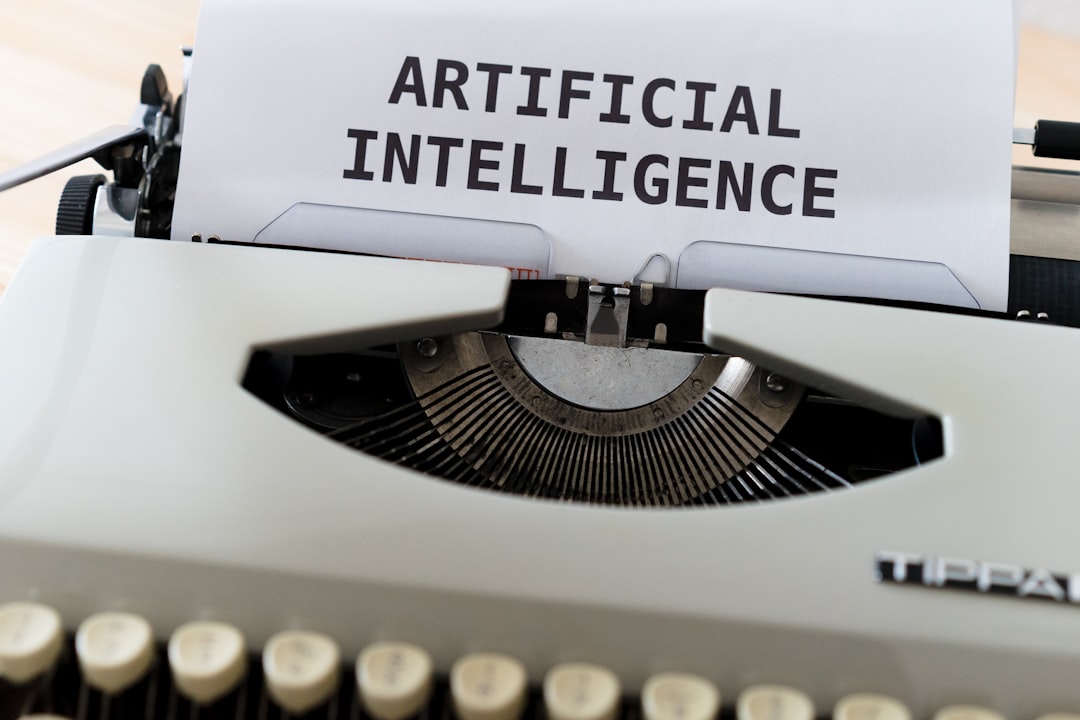How AI contributes to knowing your patients
AI in healthcare
One of the most important things in healthcare systems around the world is the efficiency of communication between doctors and patients. Efficient communication between a patient and a doctor means a better patient's journey overall and an easier road to recovery. One way of establishing more reliable and more efficient communication between the health care providers and the patients is through the usage of AI. Here, we are going to take a look at some of the different ways AI helps and contributes to the process of establishing a longer, more trusting relationship with your patients.
AI in healthcare
The patient demand has been increased tremendously during the past 2 years of the global pandemic. Health care providers around the world are struggling to keep up with the increased number of patients. Things such as waiting times, rescheduling, and patient communication have been impacted by this. Therefore, clinics around the globe are constantly looking for new, innovative solutions to better present their services and provide these services to their patients on time and in the best way possible. One of the recently-developed technological tools that have seen increased usage has been AI software and programs. The potential for AI in healthcare systems around the world was seen even before the pandemic. However, it was only during the pandemic when that AI in healthcare gained more reputation and relevance. Now, a great number of doctors and patients agree that the usage of AI can enhance the human experience in healthcare.
Because of the constant advances in technology, breakthrough AI software has been developed to fully focus on patient communication and health care service information and delivery. A proprietary natural language processing engine that works by focusing entirely on the health care interactions with the patients, can contribute to knowing your patients better*. Furthermore, AI built of health interactions can constantly learn and advance.
How AI helps you know your patients
The AI has an incredible capacity to learn and constantly advance. Through perhaps initial trial and error, AI can later truly build a success rate in its functions and uses that are detrimental to human interactions and can help build stronger relationships with your patients. Once AI is built and trained for health interactions, it can achieve an amazing level of certainty in its work and communication with the patients.
AI can form personalized relationships with patients. This means that the AI, software set up so that it constantly develops and focuses on health interactions with humans, can approach each conversation differently. Depending on patients' needs and wishes, the AI can form a conversation unique in every regard. Of course, we already know that each patient can be different. That is why this is so important. You can get to know your patients easier by using AI because of this highly personalized approach that it enables. Call centers run by humans often cannot achieve this. In addition to this, chatbot, while useful in certain interactions, has no ability to form a fluent conversation with patients. AI truly stands out here and allows health care providers to form better relationships and truly know their patients from these interactions.
Once AI establishes contact with the patient, it will learn from each interaction. No matter how long the interactions last, the AI has the ability to learn and improve its approach. This allows for more efficient and effective communication with the patients, which is of course crucial in the process of health care services delivery. Timely communication with the patients is a must in healthcare. AI can function as a tool for constant improvement of communication and information delivery between doctors, clinics, and patients.
Other benefits of using AI in healthcare
So, we have already talked about the effectiveness of AI in health interactions. However, the use of AI in healthcare has many other benefits as well. For example, using AI is cost-effective. While a call center or a contact center also focuses on communication with clients aka patients, AI has the ability to work 24/7. On top of that, it does not need huge office space. AI has the ability to manage countless health interactions simultaneously and remain as effective as if it were only engaging with one patient. The percentage of mistakes is also far lower when using AI for patient communication and information delivery. The potential for human error is always there, however, once the AI learns from its past mistakes, it cannot make them again. Aside from covering the communication aspect, AI can be used for tasks such as scheduling and rescheduling. In these processes, the AI can also take different approaches and notify each patient on time but in a different manner, depending on patient characteristics, needs, and personality. Finally, AI can be used for image analysis, administrative tasks, clinical judgment or diagnosis, and AI-assisted robotic surgery which is relatively new.
Knowing your patients is easier with the use of proprietary AI
So, to sum up, what we have said so far, the usage of AI in healthcare is not really that new, but, over the past 2 years, it has gained a greater reputation and bigger importance. Technology is constantly developing. This is also the case with health care providers around the world as well. With a proprietary AI, built to focus on human interactions, clinics around the world can get to know their patients faster and in a more efficient manner. Innovative solutions for healthcare providers around the world have increased patient interaction, happiness, and overall satisfaction.
 English
English Español
Español
